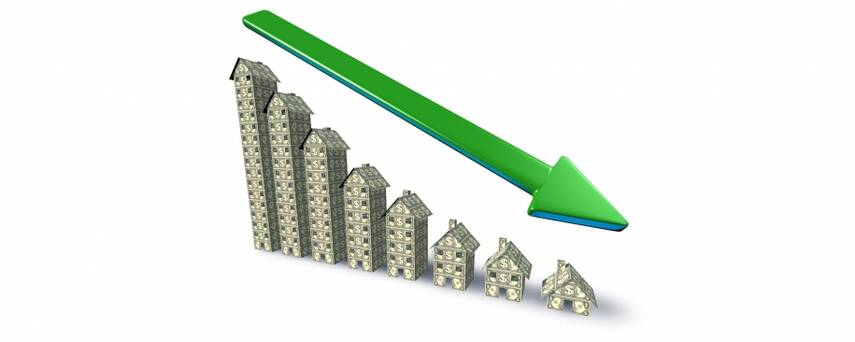Artificial Appreciation in Real Estate:
Artificial appreciation is a serious problem property buyers face. It is basically a result of the nexus between brokers and builders. In order to attain a fake appreciation for a project, developers offload their unsold units to the brokers. Brokers are, then, responsible for marketing and selling of these apartments. This strategy introduces artificial demand, thereby, giving enough liberty to the builder to increase property prices. Moreover, brokers sell their properties to potential buyers at a discounted price from that of the builder. The broker generally presses for all the transactions to be done in cash with the buyers and this even leads to the involvement of black money to a great extent.
The underwriters, read brokers, make their profits through the difference between the price of the project at its launch and the price after artificial appreciation. Now the potential home buyers fall for the illusion of rising prices (due to the artificial appreciation) and readily accept the discounted prices put forth by the brokers. So, when the home buyer/investor decides to sell his/her property after a certain period of time, he/she hardly finds any taker for that price point. The builders, brokers, and speculators are the only beneficiaries of artificial appreciation in real estate and it brings only losses to the home buyers and investors who wish to sell their properties.
Property analysts suggest that markets which are still emerging are more prone to the problem of artificial appreciation than the already established ones. This is because of the secondary market transactions, which includes established projects, already create a benchmark for the property prices for all the properties in the vicinity.
Experts View:
Although the issues of artificial appreciation are real and unwelcoming for property buyers, the potential home buyers in India nowadays have become more aware and pursue necessary knowledge of the realty sector. People are able to identify the right price of the property based on its amenities and thus the problem of artificial appreciation has diminished lately.







